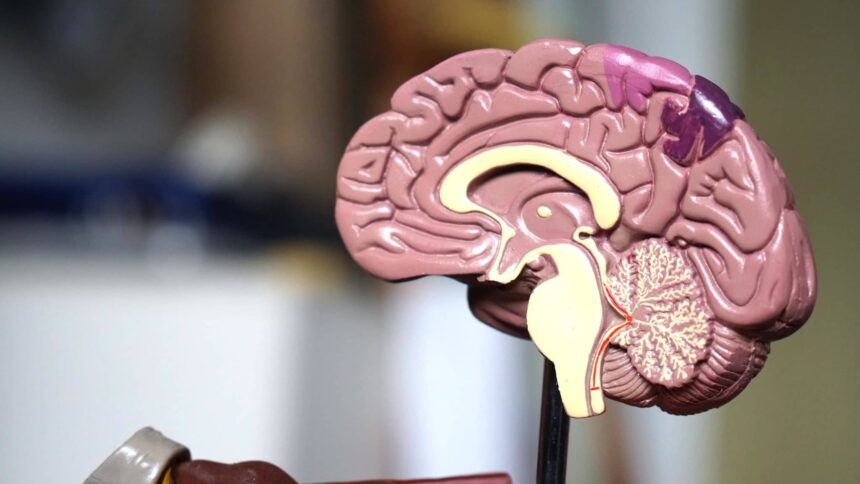In previous research released in Frontiers in Ecology and Evolution, experts asserted that the human brain shrank amid a transition to modern urban societies nearly 3,000 years ago.
New research by the University of Nevada, Las Vegas has refuted that theory.
As published in the same journal, two UNLV-led researchers authored an opinion article and analyzed the same dataset from the previous study.
“DeSilva et al. (2021) propose that human brain size has decreased, and offer innovative reasons why this may be so, primarily focusing on a model of group level cognition,” the paper’s authors explained.
“Our analysis of these data fails to find a decrease in human brain size over the last few thousands of years. When the large sample sizes of the most recent human samples are adjusted for, the pattern disappears, and the arguments no longer need to be invoked.”
You can read the full paper by clicking here.


